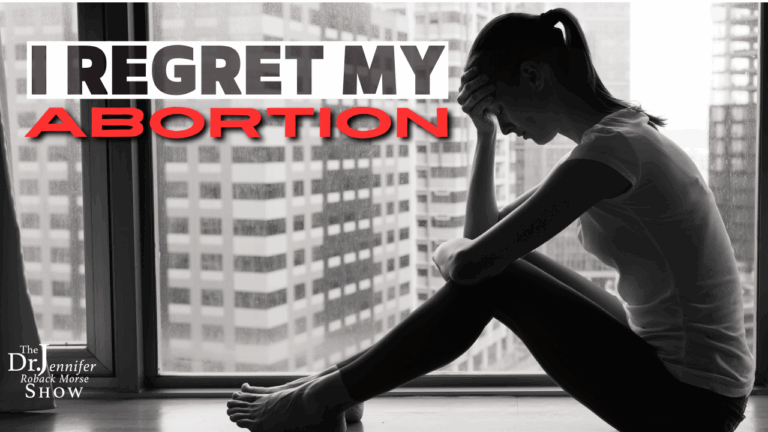Faith Hakesley

Dear Fellow Catholics,
As many Catholics prepare to gather for the National Eucharistic Conference, reflecting on the profound gift of Christ’s true Presence in the Eucharist, I am compelled to address a painful reality within our Church that demands everyone’s attention and heartfelt response.
I am certain that I speak not only for myself as a victim of clerical abuse but for all victims of clerical abuse when I say that we know first-hand the deep wounds that many carry. These wounds were inflicted not just by individuals who betrayed their sacred vows, but also by a system that has at times failed to respond with the truth, love, and compassion that Christ calls us to embody. The Eucharist unites us intimately with Jesus and challenges us to live our lives with love and respect for one another. This includes facing and addressing the suffering of those who have been grievously harmed within our Church.
Undeniably, not all priests have lived up to their calling as holy reflections of Christ. Moreover, not all Catholics have responded with the empathy and support that survivors of abuse so desperately need and deserve. The betrayal experienced by survivors has often led to feelings of estrangement from the Church. The church that Jesus left us – the church that celebrates the True Presence of Jesus in the Holy Eucharist -should be a beacon of Christ’s love and hope in the world.
The first-ever national abuse policy in the US Catholic Church was the “Charter for the Protection of Children and Young People,” approved by the United States Conference of Catholic Bishops (USCCB) on June 14, 2002. This policy was a response to the clergy sexual abuse scandal that had shaken the Church. It aimed to establish guidelines and protocols for addressing allegations of abuse, protecting minors, and promoting healing and reconciliation. Despite its original intentions, this policy has been tragically disregarded and even broken in many instances. This tragedy continues even to this day.
Oftentimes, it appears that Catholics have not sufficiently learned from the clerical abuse scandal. The Church has not consistently held clergy members and higher-ranking officials accountable for their actions related to abuse. There have been instances where accusations were not promptly reported to civil authorities or adequately investigated internally. Many victims continue to express their frustration with the insensitivity and horribly inadequate responses in their abuse cases. Even recently, comments from Vatican officials have added to the wounds borne by victims, reflecting a lack of understanding and empathy. The Vatican’s continued use of art by Rupnik, despite its painful connotations, further exacerbates the deep scars of survivors. While there have been efforts within the Church to address the clerical abuse scandal, the systematic issues need to be further addressed. We need to dig deeper and be open and honest about the evil that has been allowed to infiltrate the Church.
Enough is enough. As we unite with Jesus in the Eucharist, we must also unite ourselves with His mission of healing and reconciliation. We cannot turn a blind eye to the suffering caused by those who were supposed to be shepherds and protectors within our Church. We cannot tolerate callous or indifferent responses from our fellow Catholics. Instead, we are called to be true reflections of Christ’s love in the world.
As Catholics, we believe that the Eucharist is the true Presence of Jesus Christ among us. It calls us to embody His love, compassion, and healing in our interactions with others. Through the Eucharist, we experience unity and communion with Christ and also with one another as the Body of Christ. It reminds us of our interconnectedness and mutual responsibility within the Church, making the pain of others our own. The Eucharist compels us to advocate for accountability and transparency within the Church, for the sake of victims and for the integrity of Christ’s Church.
Furthermore, the Eucharist calls us to actively participate in the healing of those who have been wounded. It challenges us to continual growth, conversion, and renewal, living out Gospel values of love, humility, and justice. Ultimately, the Eucharist is a profound reminder of God’s unconditional love and mercy. It calls us to extend that same love and mercy to all, including to those who have experienced betrayal and pain within the Church. In the words of St. Pope John Paul II, “In that little host is the solution to all the problems of the world.” Yet, mere proclamation is not enough. We must also embody these solutions in our daily actions, not just in word alone.
The journey to healing for survivors of abuse is long and challenging, yet we must courageously confront this path with determination. In the Eucharist, we receive the grace and strength that enable us to confront even the most daunting trials. We are called to embody Christ’s compassion, extending His healing touch to those who have been wounded. Let us also pray for those who have caused deep harm, offering mercy and forgiveness, while actively pursuing justice.
Fellow Catholics, let us approach this task with humility, compassion, and an unwavering commitment to justice and love. Let us pray for each other and strive to be a Church that authentically mirrors the love and mercy of Christ, not merely in words but in our actions and policies. May our efforts be a genuine reflection of the Eucharistic love we celebrate. This is an essential step toward a Church that lives more faithfully to the Gospel we proclaim.
In His service,
Faith Hakesley



